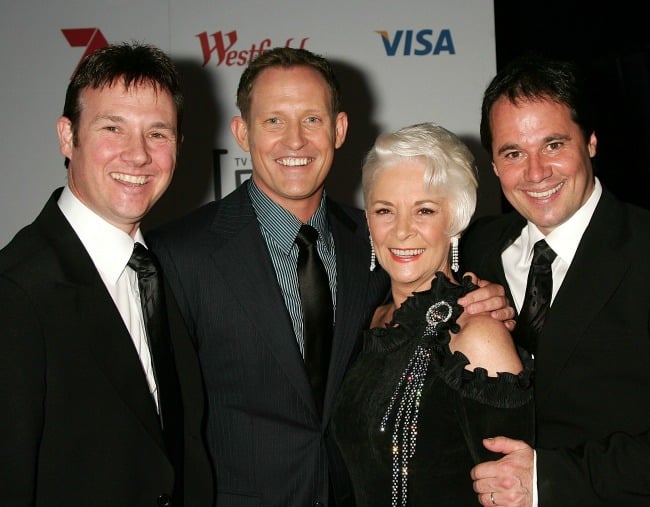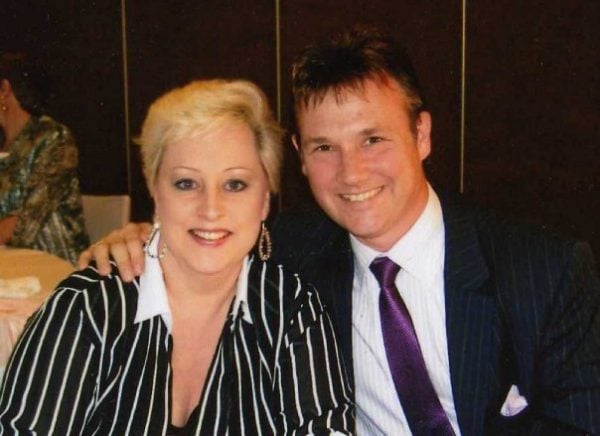
Mark Wilson’s devastating ordeal is well known in Australia.
On two separate occasions an unknown stalker set fire to his dance studios, which were burned to the ground. The perpetrator has never been found, while life for Mark and his family will never be the same.
“Whoever it was tried to destroy our lives, and I felt helpless about being able to protect my family. For us, dancing has never been a job, it’s a way of life.”
When you work for a company, you are creating income for someone else and you get rewarded for that. It is different when you create something from nothing, something that gives you a real sense of fulfilment. That is what Mark and his wife Annemarie did when they began their dancing business with his brother and sister-in-law, holding dance nights attended by more than 100 children and couples.
“With dancing there are so many things that ticked boxes,” Mark says.
“There’s a fitness perspective and an artistic perspective. It’s a very wholesome and creative thing to do, particularly now that technology plays such a big part in youngsters’ lives. Dancing gives them social skills and confidence.”



Top Comments
I’d never heard any of this, how utterly horrendous for them! To go through it once is bad enough, but a second time - they must have incredible inner strength to keep going after all that. Horrible to think that someone so hateful is walking around free out there, probably quite proud of what they’ve gotten away with. Hopefully they will trip themselves up someday.